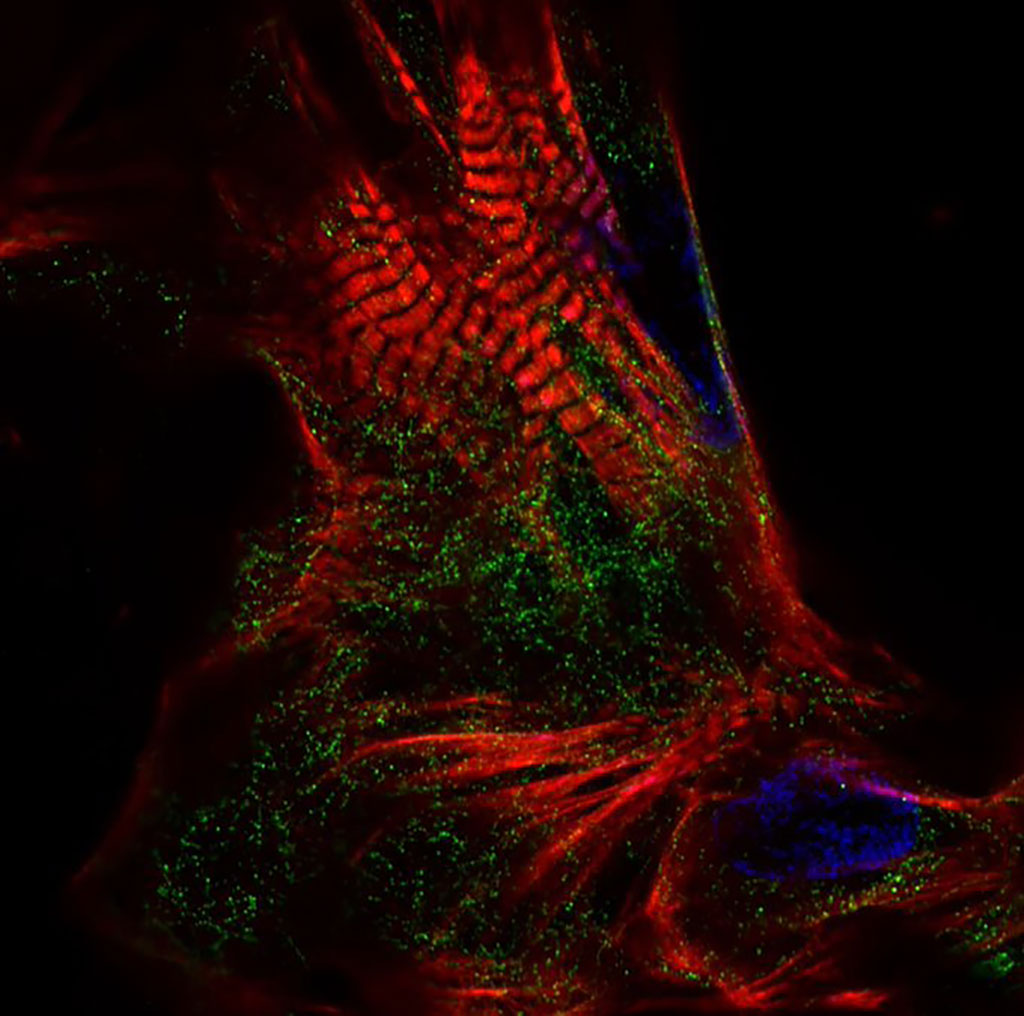New Blood Test Could Ensure Timely Life-Saving Treatment of Heart Attack Victims
Posted on 02 Feb 2023
Cardiovascular disease, one of the leading causes of death, generally manifests itself through heart attacks. Most patients with very large heart attacks are treated using an emergency procedure called primary percutaneous coronary intervention (PCI). Some of these patients do very well after the procedure but about a third do not. Now, new research shows that routine testing for a stress hormone Neuropeptide Y (NPY) in the hours following a heart attack could save thousands of lives.
In the new study, researchers at University of Oxford (Oxford, UK) investigated NPY levels in the blood of 163 heart attack patients who had been given emergency treatment to open up a blocked blood vessel. Once NPY is released into the heart, it causes the smallest blood vessels to narrow. The researchers found that in patients with the highest NPY levels, the smallest blood vessels in their heart remained narrowed two days after a heart attack. MRI scans performed after six months showed more scarring in the hearts of these patients, resulting in the inability to pump blood efficiently.

The researchers also measured NPY levels in standard blood samples obtained from the veins of patients when they were given PCI treatment. The researchers found more heart and lung damage in patients having the highest NPY levels and their hearts were much more likely to fail irrespective of other risk factors over the subsequent six years. During follow-ups, 34 patients died or suffered from heart failure. Based on these findings, the researchers concluded that routine tests conducted in the hours following a heart attack could more quickly identify patients facing the highest risk and prioritize them for treatment.
“Our previous research has shown that NPY is raised during a heart attack and local levels within the heart correlate with how well it recovers,” said Neil Herring, Associate Professor and lead researcher. “What this new study adds is that high NPY levels, even when measured through a standard blood test from a vein, predict which patients go on to develop heart failure or die. This provides extremely useful information for doctors and we hope that developing drugs that target the receptors NPY acts on may really be game changing for this cohort of patients and the blood test could help spot those patients who may need it right from the start.”
“This study identifies a ‘cut off’ value for the blood test which helps identify those patients that do badly after their large heart attack. Ideally, further studies should then test this cut off level in a different group of patients to ensure that it is robust in predicting heart failure and death. However, if successful, then it could be offered to all patients with large heart attacks undergoing emergency treatment,” added Prof. Herring. “We’re confident that, in time, this stress hormone will become an effective target for future treatments to reduce the life-limiting effects of a heart attack.”
Related Links:
University of Oxford














